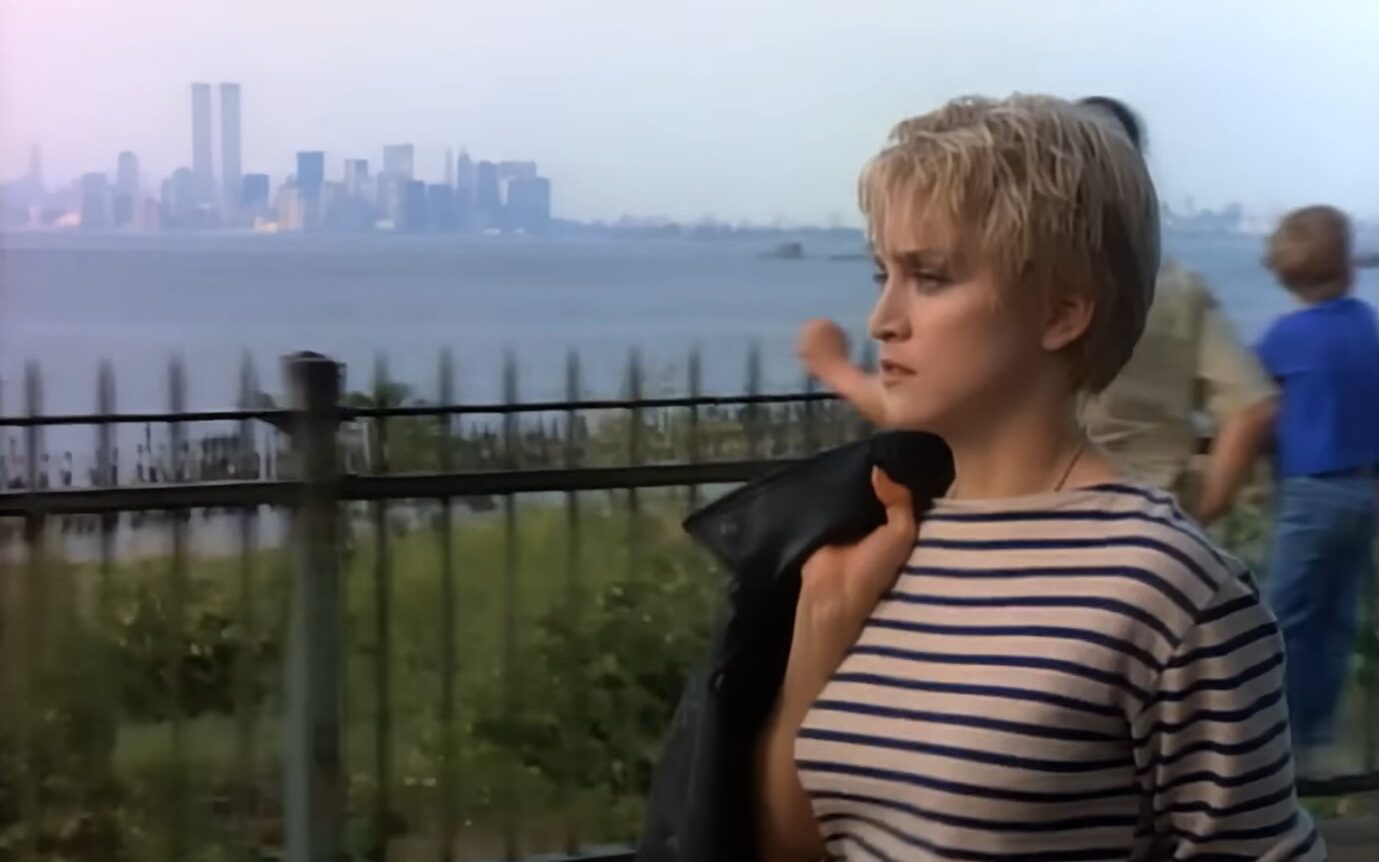
The Origins of Culture Wars
How is the concept of culture wars rooted in the social and political struggles of nineteenth century Germany? Robert D. Priest explores.

How is the concept of culture wars rooted in the social and political struggles of nineteenth century Germany? Robert D. Priest explores.
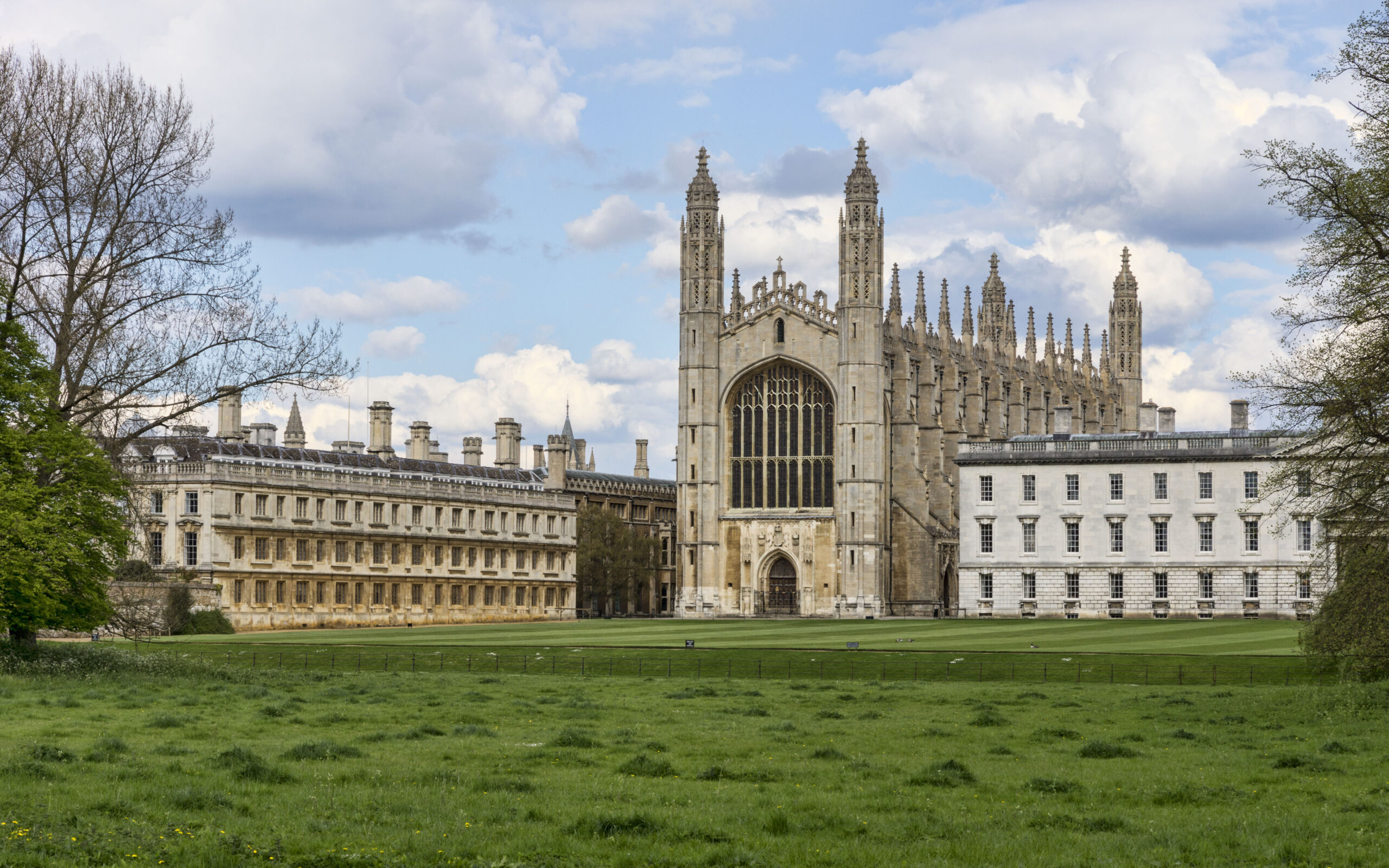
Aayushi Gupta, Hadil Ibrahim Maddah & Ghiwa Naem reflect on the experience of teaching and learning global history in a time of conflict.
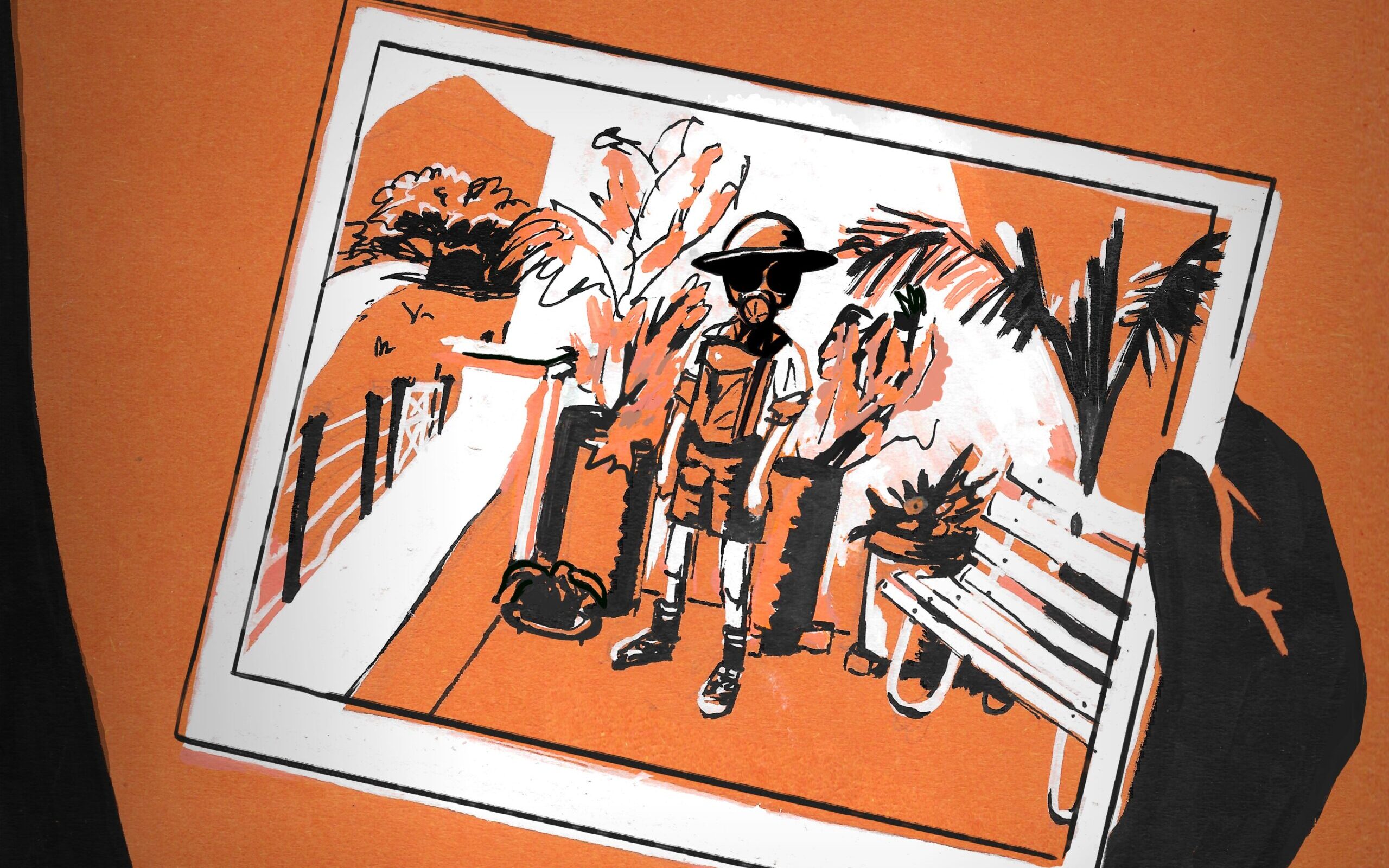
Ten illustration students from Nottingham Trent University consider their personal connections to the past and what it means to practice history from below.
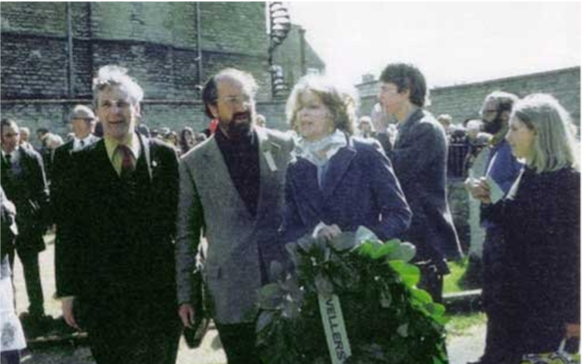
Waseem Ahmed examines how Tony Benn's 2008 People Before Profit speech offers important lessons for political organising on the British Left today.
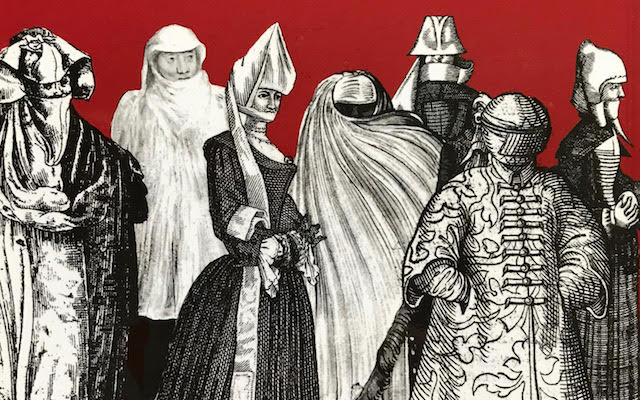
Three of our past and present editors reflect on the ways in which History Workshop Journal has influenced and inspired their practice during their time on the History Workshop collective.

Read the latest issue of History Workshop Journal – with articles from medieval lordship to trans feminism.
Read Article "HWJ 99"
In this new and free-access Virtual Special Issue, Andrew Whitehead brings together 50 years of writing and reflection on the New Left
Read Article "The New Left"What radical histories can be found in 'working and wandering' from place to place? This series explore itinerance in histories of space, movement and labour, and how historians might imagine news ways of researching itinerantly.
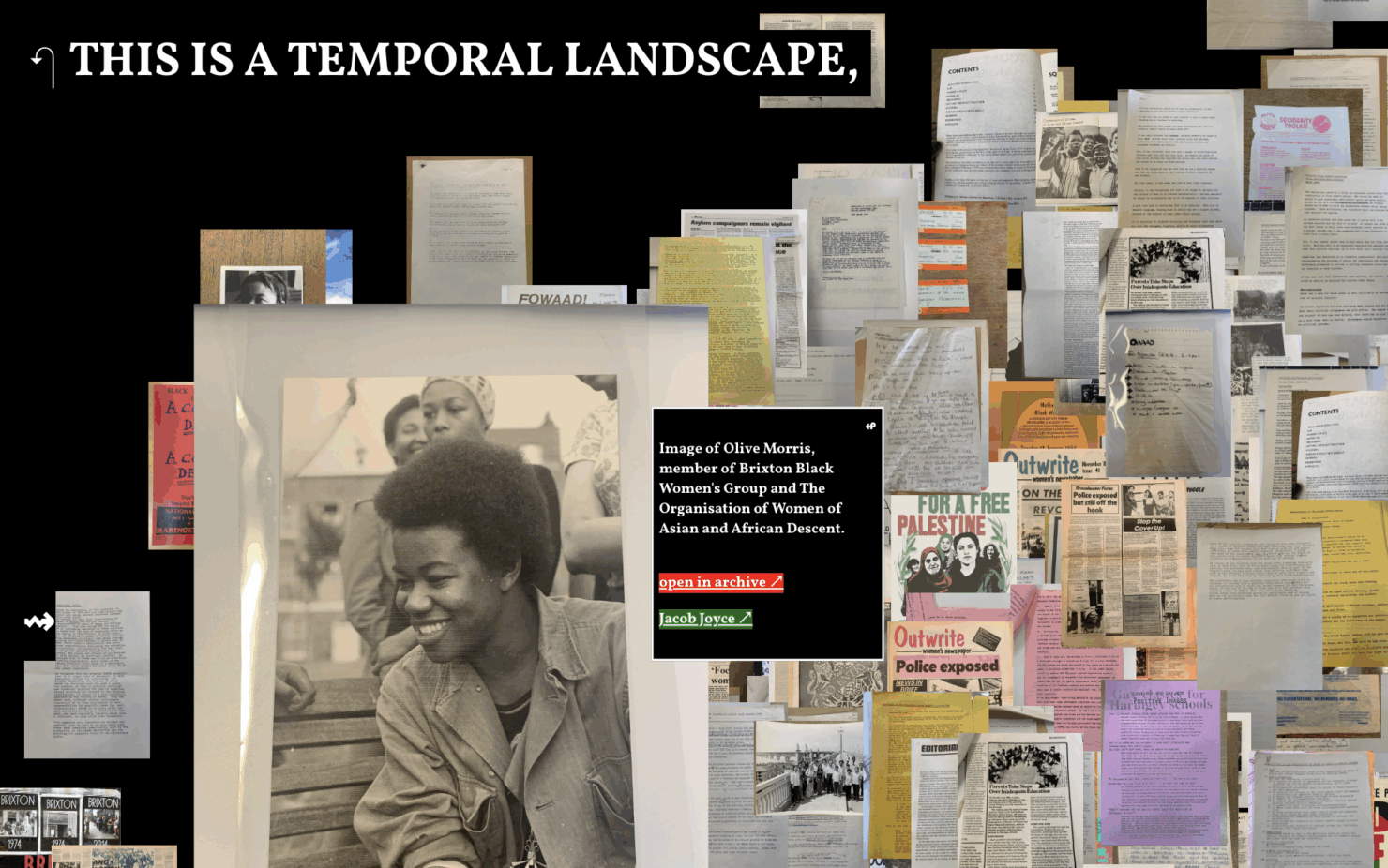
Lola Olufemi and Agnes Cameron revive resistance in the concepts of 'history' and 'technology', through digitally reassembling the archive.
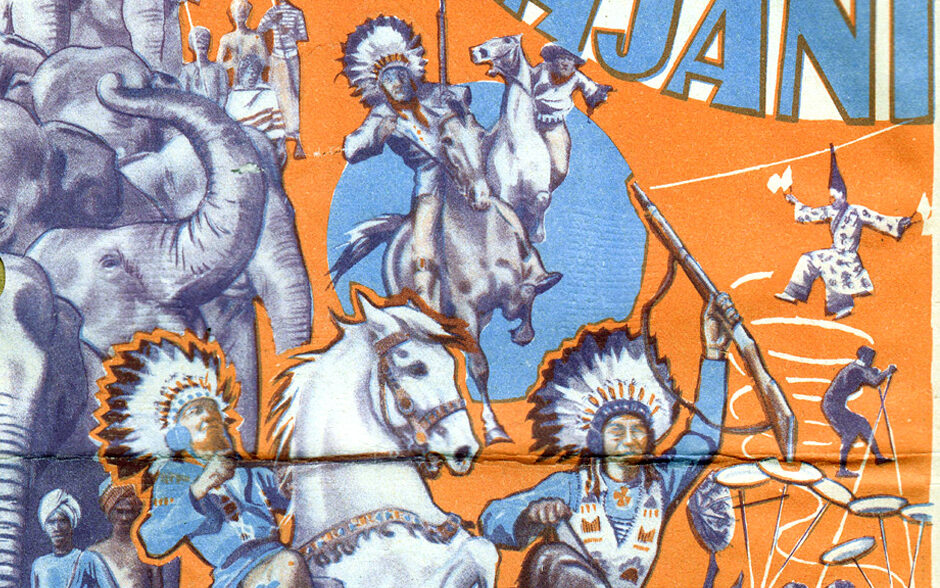
Sabine Hanke examines how Lakota performers challenged and resisted the 'exotic othering' of their identities in the Sarrasani circus.
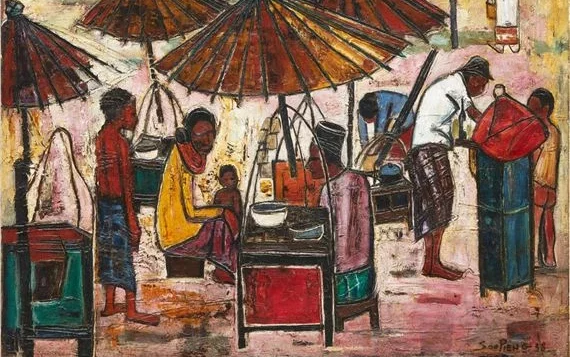
Chin Kar Yern explores how hawkers have shaped the landscape of hunger in Malaysia.
Listen to our latest episodes on:
Soundcloud,
Apple Podcasts,
Stitcher or
Spotify
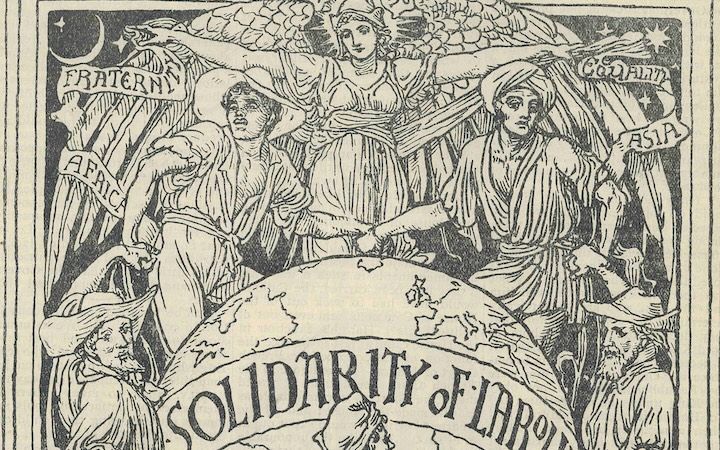
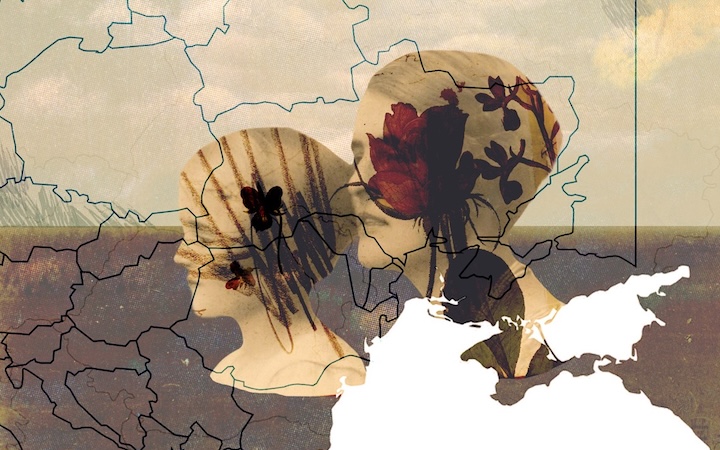
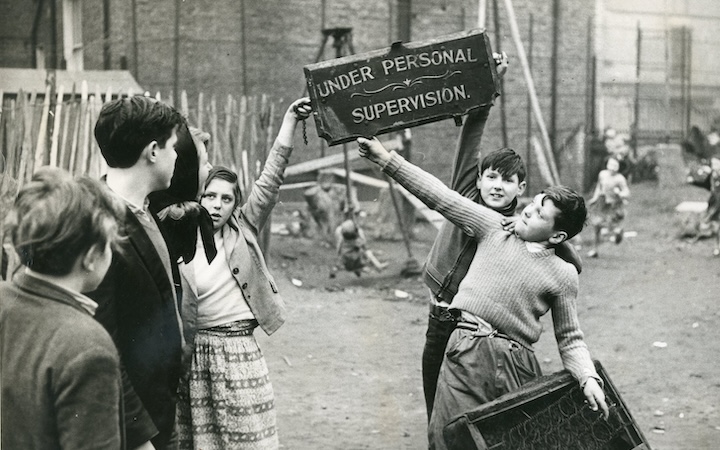
How might playgrounds form part of a spatial justice movement?
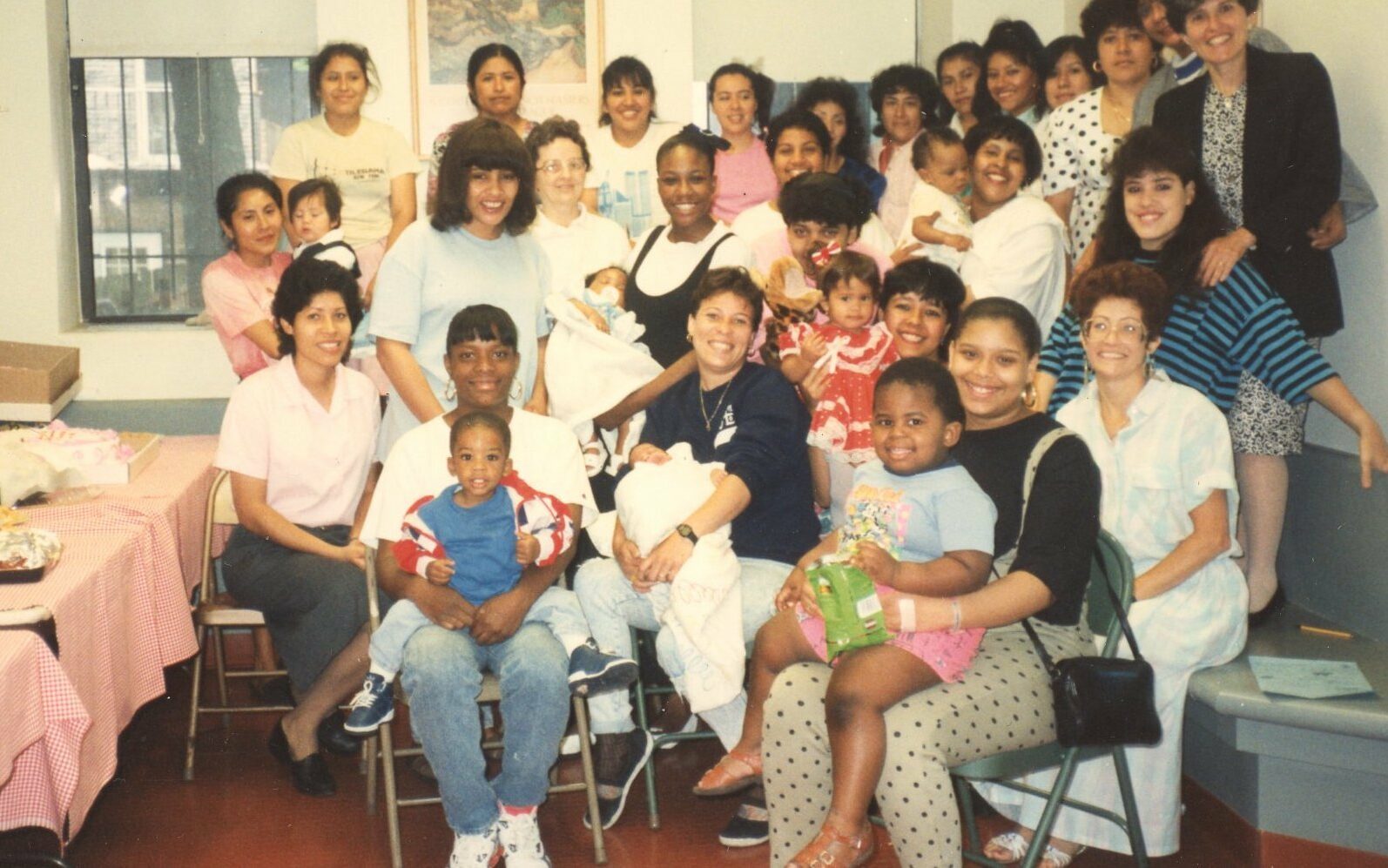
How have a small - and declining - group of nuns built grassroots power with immigrant families in East Harlem?
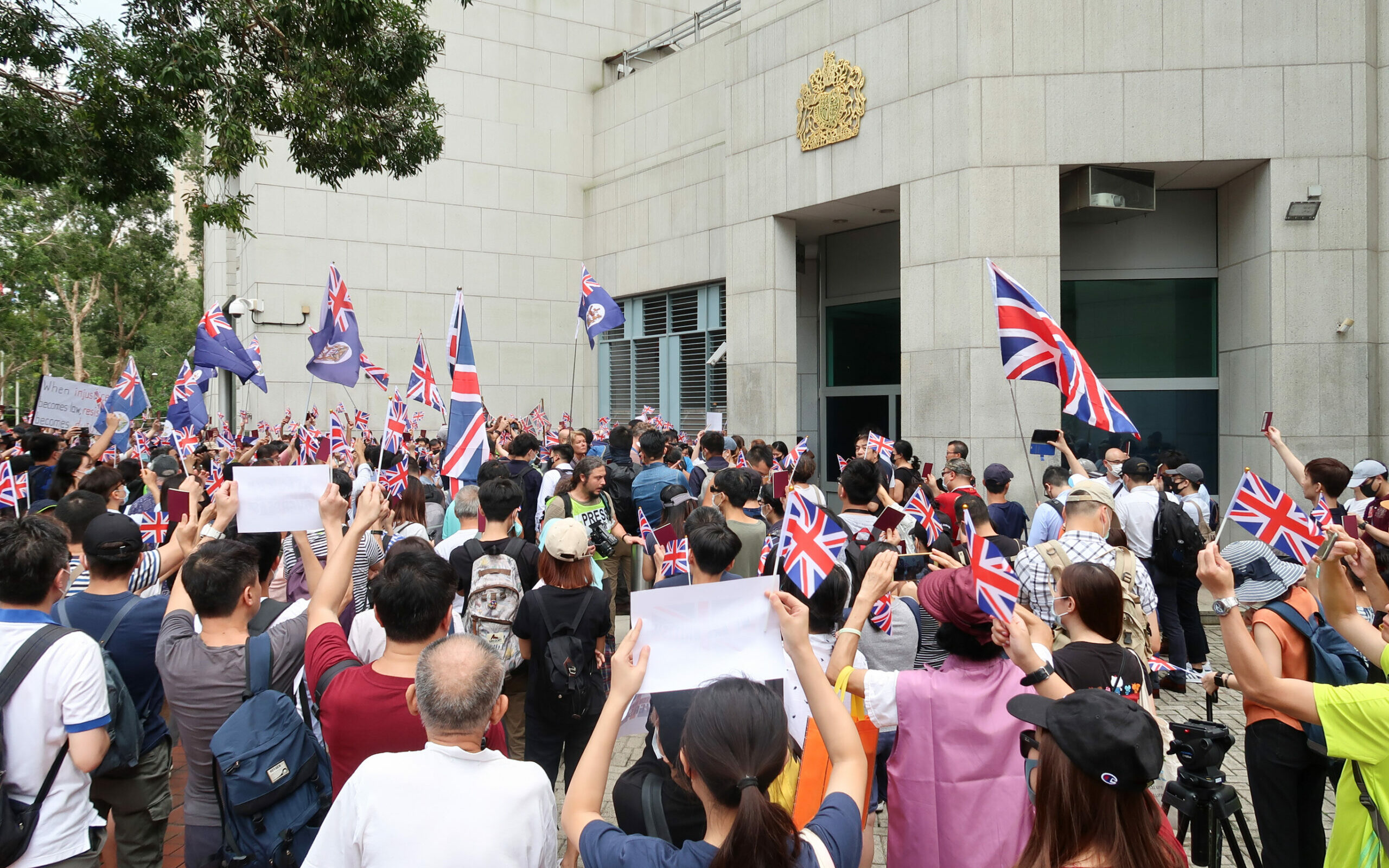
Michaela Benson unpacks the Hong Kong British National (Overseas) visa, and how it has contributed to redrawing humanitarian protection and migration policy after Brexit.
Whether letters, food or ephemera, material objects have acted as radical agents in history. Here, historians, archivists and activists unpack stories of solidarity and everyday lives.
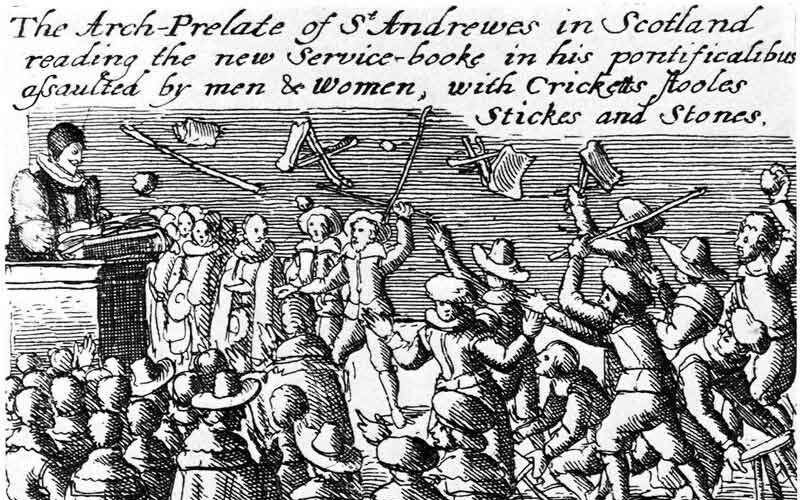
If you go down to the Thames today, you're sure of a big surprise - printer's type. Peter Wollweber unpacks its radical history.
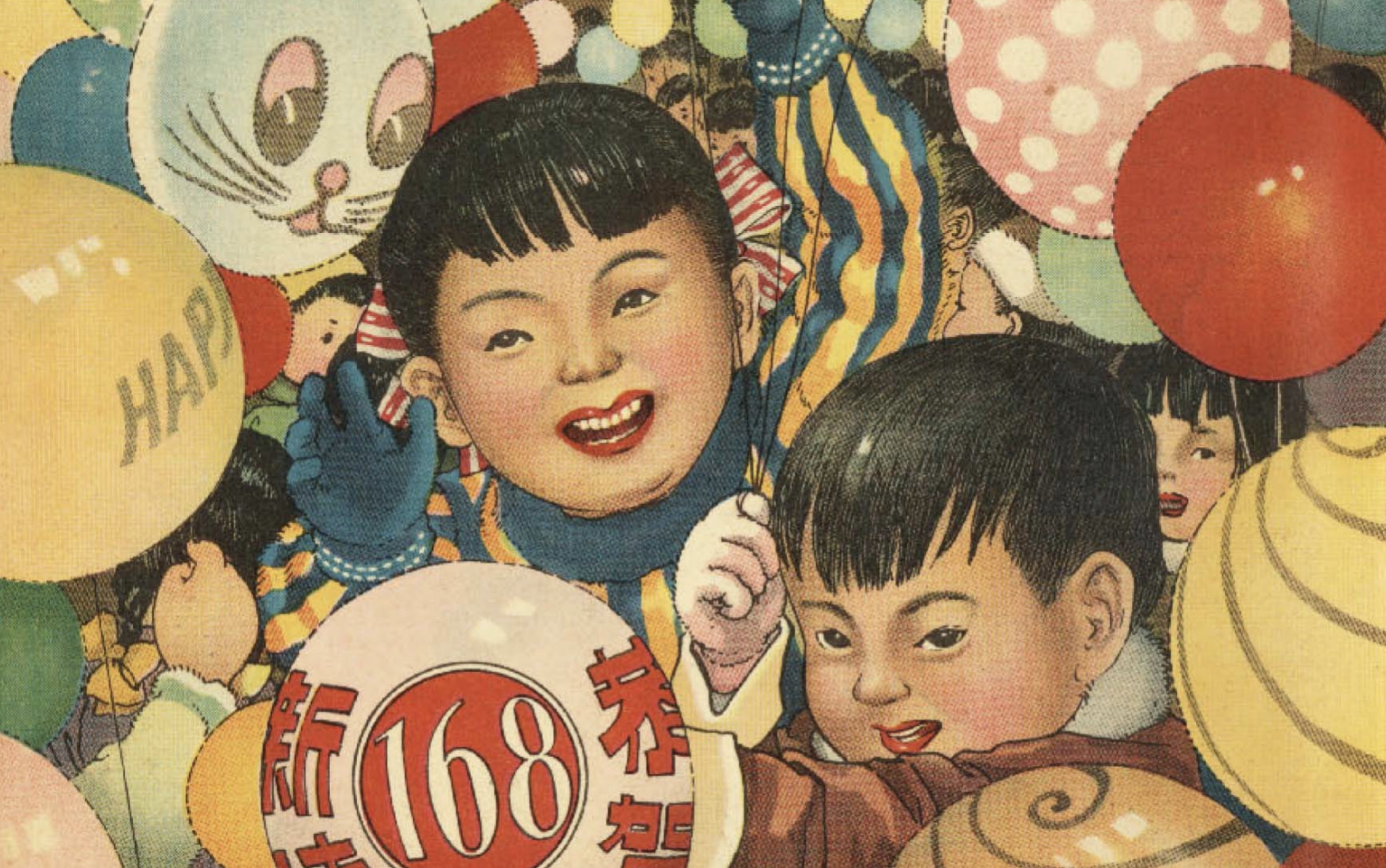
Allan Pang explores the diverse and conflicting depictions of Chinese and world history in transregional children's magazines.
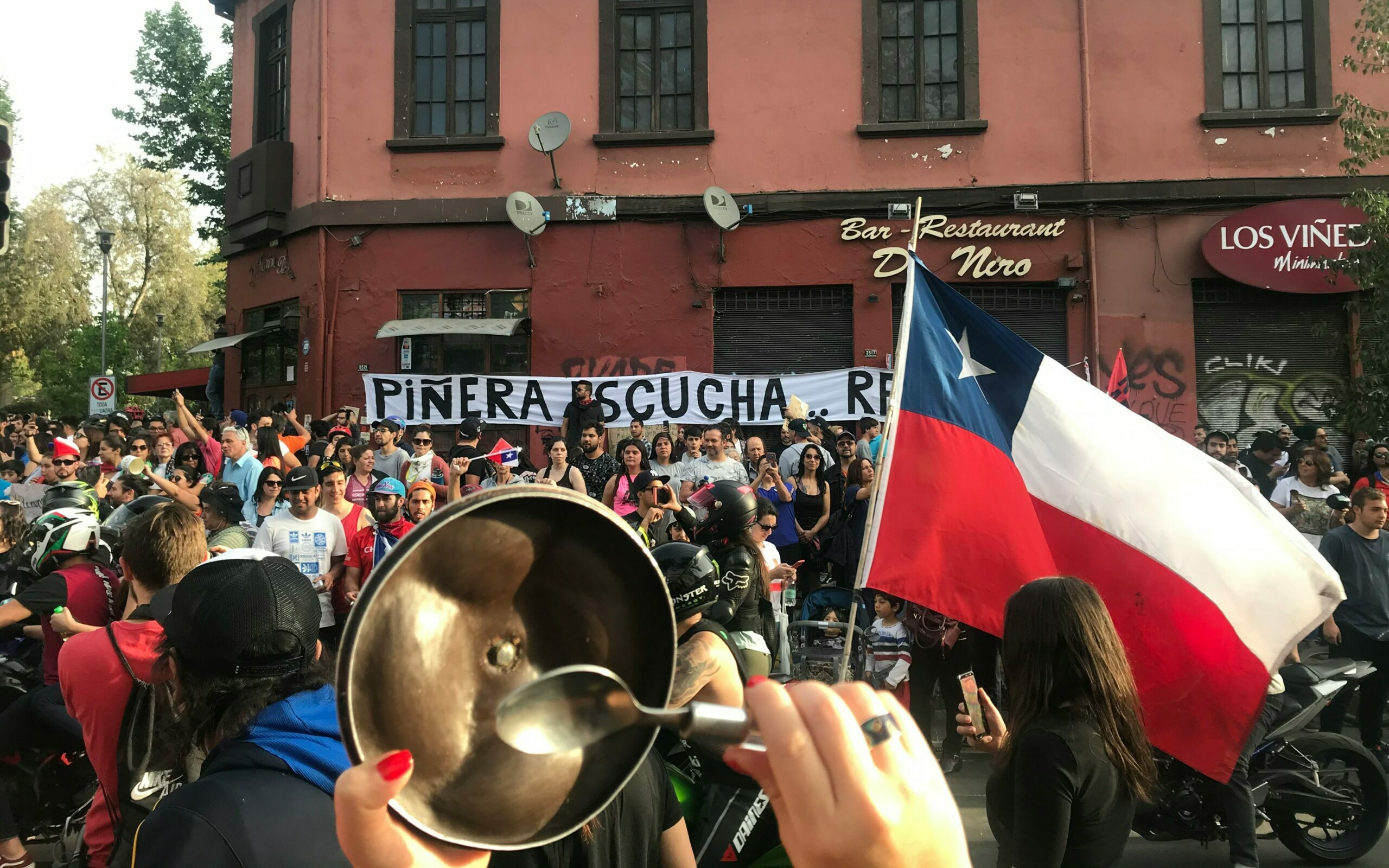
Matthew Kerry explores how the humble pot and pan have become powerful tools for protestors.